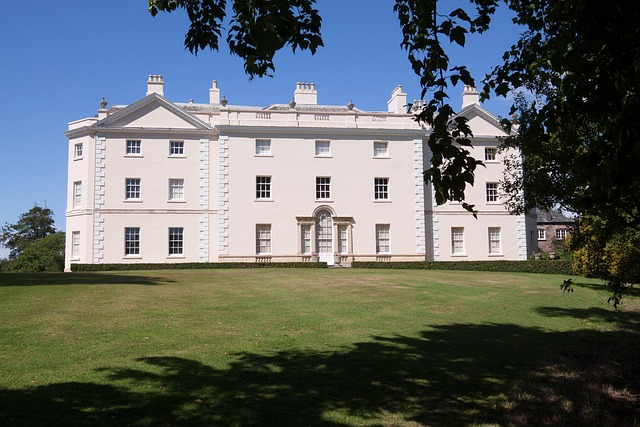Understanding tribal communities' unique real estate needs is crucial, focusing on cultural lands' value and the autonomy of their leaders. Building trust through community engagement and respectful interactions ensures development respects ancestral territories and aligns with values. Incorporating cultural practices fosters sustainable development, preserves heritage, and encourages environmentally conscious approaches, benefiting both communities and land.
In today’s globalized world, fostering close ties with tribal communities is essential for sustainable real estate development. This article explores key strategies for navigating the unique challenges and opportunities presented by these indigenous groups. We delve into understanding tribal real estate considerations, building trust through engagement with community leaders, and adopting cultural land use practices that honor their traditional ways. By embracing these principles, real estate professionals can facilitate harmonious co-existence and ensure long-term success.
Understanding Tribal Real Estate Considerations

When engaging with tribal communities, understanding their unique real estate considerations is paramount. Tribal lands often hold deep cultural and historical significance, with communities having specific rights and management over these areas. This includes traditional hunting grounds, sacred sites, and ancestral territories, which are integral to their way of life.
In the context of real estate, it’s crucial to involve tribal leaders and elders in any development discussions or decisions. Their expertise and knowledge are invaluable for assessing potential impacts on cultural resources and natural environments. Engaging in open dialogue and seeking consent from the community ensures a harmonious relationship and respects their autonomy over their ancestral lands.
Building Trust: Engaging With Community Leaders

Building trust is a cornerstone in establishing meaningful connections with tribal communities in the real estate sector. Engaging with community leaders, who are deeply rooted in the local culture and traditions, is an essential step. These leaders can act as intermediaries, facilitating open communication channels and ensuring that any development or investment aligns with the community’s values and needs.
By prioritizing respectful interactions and active listening, real estate professionals can foster a sense of trust. This involves understanding the community’s history, their unique governance structures, and the potential impacts of any proposed projects. Community leaders can play a pivotal role in translating complex issues into actionable insights, helping to navigate potential challenges and ensuring mutually beneficial outcomes.
Sustainable Development: Respecting Cultural Land Use Practices

In the realm of sustainable development, especially within the context of real estate, it’s crucial to respect and incorporate cultural land use practices. Tribal communities have unique connections to their ancestral lands, and these connections should be acknowledged and upheld. By engaging with tribal leaders and understanding their traditional methods of land management, developers can ensure projects align with the community’s values and aspirations.
This approach not only fosters good relations but also promotes environmentally responsible practices. Tribal knowledge often includes sustainable agriculture, water resource management, and biodiversity conservation techniques that have been perfected over generations. Incorporating these practices into modern real estate developments can lead to more resilient and harmonious communities, ensuring that cultural heritage is preserved while achieving economic goals.






